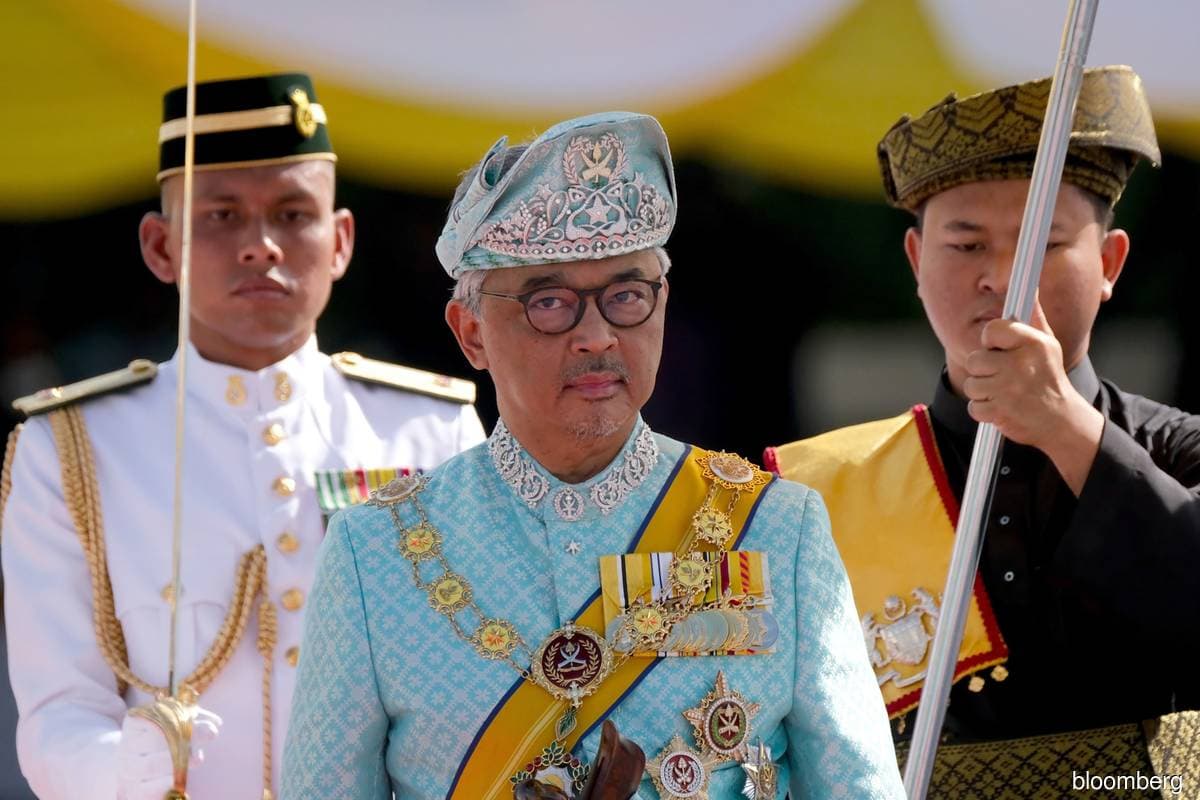
"It is more than historical interest but significant that Tun Hussein Onn, upon taking office as PM after the untimely demise of Tun Razak, procured a vote of confidence from Dewan Rakyat on Jan 27, 1976.”
THE honorable Attorney-General of Malaysia holds a Constitutional office pursuant to Article 145 of The Federal Constitution. His views on the law ought to be given respect and due attention. The A-G is the first legal officer of the nation, as he takes precedence over any other persons appearing before any other persons appearing before any Court or tribunal in the Federation.
His duties are to, inter alia, advise the Yang di-Pertuan Agong, or the Cabinet, or any Minister upon such legal matters, and to perform such other duties of legal character, as may from time to time be referred or assigned to him by the YDPA or the Cabinet, and to discharge the functions conferred on him by or under this Constitution or any written law.
In the press release issued by the A-G dated Sept 4, 2021, the A-G gave his learned opinion on the powers and authority of the YDPA to appoint the person to be PM, whom in his judgment is likely to command the confidence of the majority, in accordance with Article 43 of the Constitution. This aspect of his opinion is flawless and clearly apt and as provided for under Article 42 (2)(a), the YDPA “may act in his discretion in the performance of the following functions, that is to say: (a) the appointment of a Prime Minister."
The Federal Court's decision in the Perak situation where the Ruler of the State, under analogous provision of the State Constitution, has held that the ascertaining by the Ruler of who is likely to command the confidence of majority may be taken by means other than a vote of confidence of the House. The A-G’s painstaking description of how the YDPA has discharged His Majesty's Constitutional responsibility in the appointment of the ninth PM is helpful.
However, to state that the YDPA's power and authority is absolute (mutlak) and cannot be questioned is a problematic statement.
The Istana has time and again articulated and reminded that all parties must honor the Constitution and rule of law.
Article 43 (4) states unequivocally that “if the PM ceases to command the confidence of the majority of the House of Representatives then,… the PM shall tender the resignation of the Cabinet.” This Article 43 (4) can be read in harmony with Article 42 (2) and cannot be rendered otiose or nugatory.
The A-G’s view that if the YDPA exercising his power is questioned that would constitute a breach of the Federal Constitution cannot be sustained on a plain reading of the provisions of the Federal Constitution. A Constitution monarch cannot determine for the House of Representatives (which will be the consequence of the AG's opinion of the law ) that the appointee to PM cannot be subject to a vote of confidence. Parliamentary democracy retains its sphere of "sovereignty" as the people's representatives, and to deny this is not only undemocratic but inconsistent with the Federal Constitution. It also draws the YDPA into the “political thicket" and this must be manifestly avoided.
The A-G referred to the issue of legitimacy of the appointment, which in many ways discloses the heart of the matter. The events leading to the resignation of the 8th PM arose from the legitimacy deficit that arose in part from the avoidance of a vote of confidence. No PM should avoid the time-worn convention that if his taking of the office arises out of the collapse of a coalition that previously held power, that the legitimacy of his holding and leading Cabinet has to be tested in a vote at the House of Representatives. It is more than historical interest but significant that Tun Hussein Onn, upon taking office as PM after the untimely demise of Tun Razak, procured a vote of confidence from Dewan Rakyat on Jan 27, 1976 (see Hansard pp 9921, 9922).
Philip Koh is an advocate and solicitor, and a Professor (Adjunct) at University Malaya.